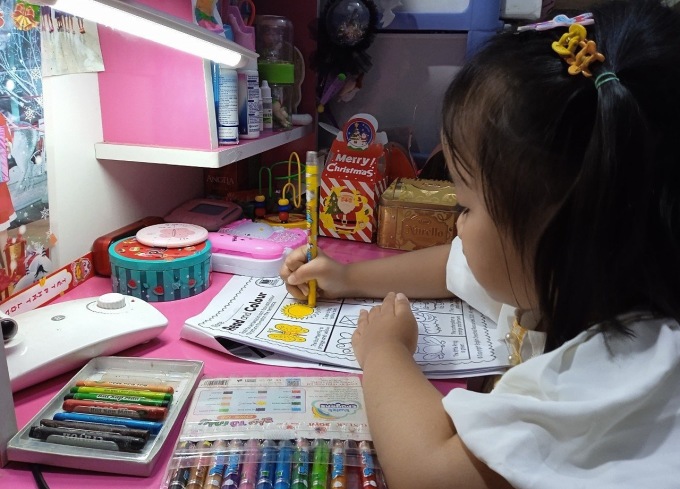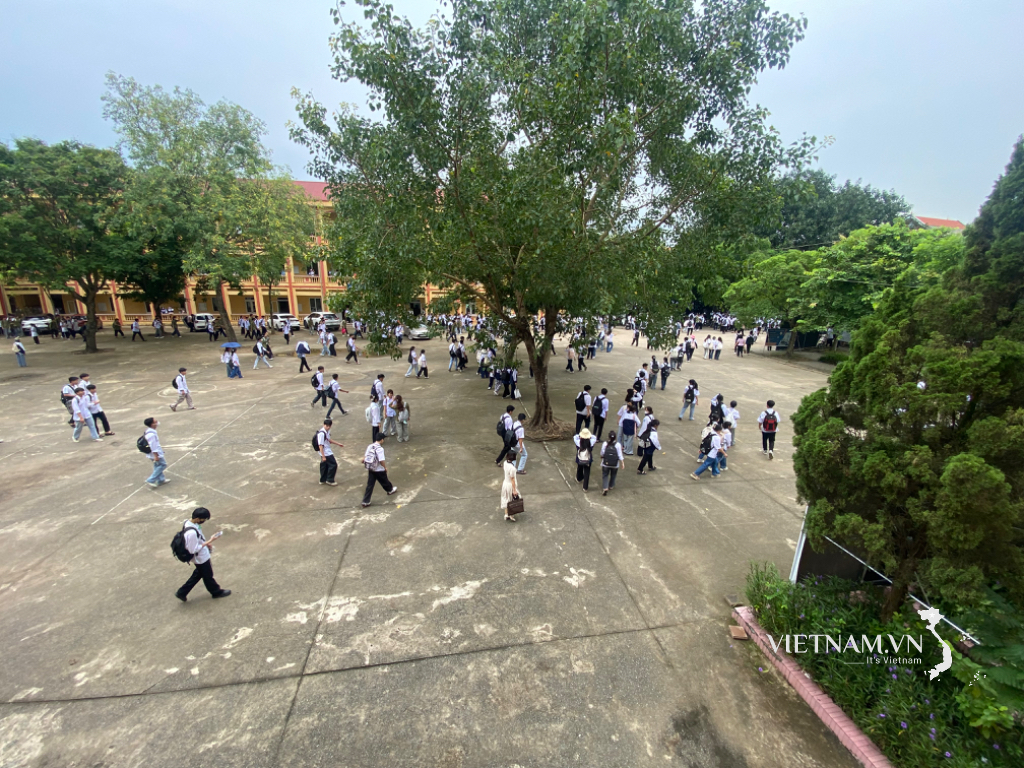Children who play with building blocks, crossword puzzles, do sports , and develop the habit of completing small tasks can concentrate for longer periods.
Difficulty concentrating is a common problem for many children. Parents may notice when their child's attention shifts from one thing to another within minutes. For example, a child might be doing math and then suddenly start playing with a pencil. Over time, this habit can affect their ability to learn and complete tasks. Here are some ways to help your child focus better.
Create a serious atmosphere.
Parents should try to avoid distractions while their children are doing tasks. Television, music , noise, and mobile phones easily distract children. When your child is studying or participating in certain activities, try to minimize these distractions. Depending on each child's personality, parents understand what works best for them.
Play the game
Many games, such as crossword puzzles and jigsaw puzzles, can help children improve their concentration. These games require children to focus to complete tasks, developing their attention span and patience.
Children under two years old can play with simple shapes like triangles and circles. Older children can try jigsaw puzzles depending on their age and ability. Jigsaw puzzles should be chosen according to the child's interests to increase their enthusiasm and curiosity.

Maintaining a daily routine helps children improve their concentration. Photo: Kim Uyên
Forming habits
Forming good daily habits is important for a child's development. For example, parents can guide their children to do their homework at the same time every day. Repeating the same task will help the child develop a better sense of responsibility and self-discipline in following the routine.
Training
Meditation is beneficial not only for adults but also for children. Ten minutes of meditation each day helps children focus better. Exercise also improves intellectual capacity.
Parents encourage their children to play sports. For example, basketball can attract shy children to participate in group activities. Children learn to control their bodies through defense and offense. Performing quick passes helps children develop thinking skills, reflexes, and dribbling skills, encouraging eye-foot coordination.
Sports require the ability to memorize, repeat, and learn, all of which are related to the ability to absorb knowledge learned in the classroom.
Break down your goals into smaller ones.
Set small goals for your child so they don't feel overwhelmed. Doing one thing for a long time often makes children feel bored and lose focus. Breaking down goals into smaller parts makes it easier for them to complete them on time and keeps them interested in new tasks.
Parents give children time to relax between activities so they can enjoy themselves and fully prepare for the next task.
Le Nguyen (According to Times of India )
| Readers can submit questions about childhood illnesses here to receive answers from doctors. |
Source link




![[Photo] National Assembly Chairman Tran Thanh Man visits and works with the National Assembly Committees and the State Audit Office.](https://vphoto.vietnam.vn/thumb/1200x675/vietnam/resource/IMAGE/2026/02/23/1771848141941_ndo_br_bnd-6798-jpg.webp)














































































































Comment (0)